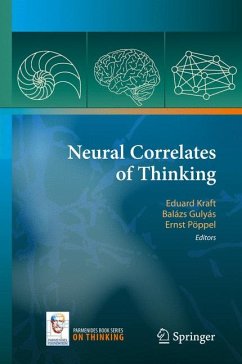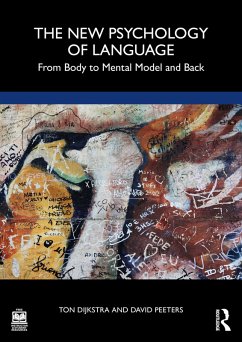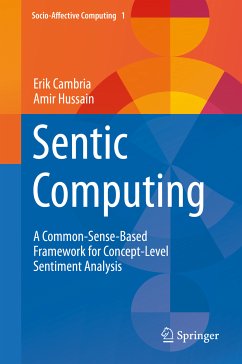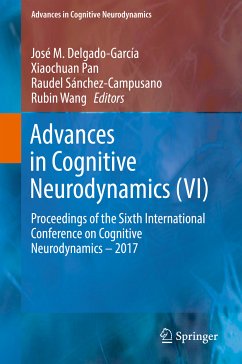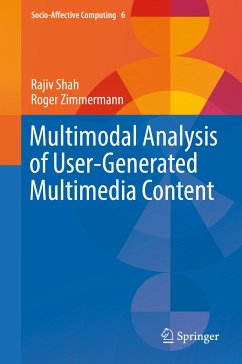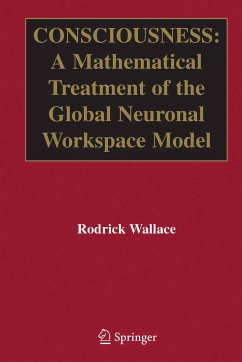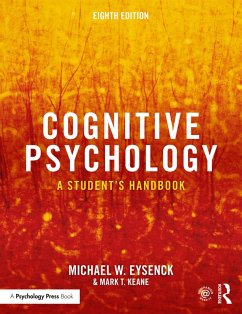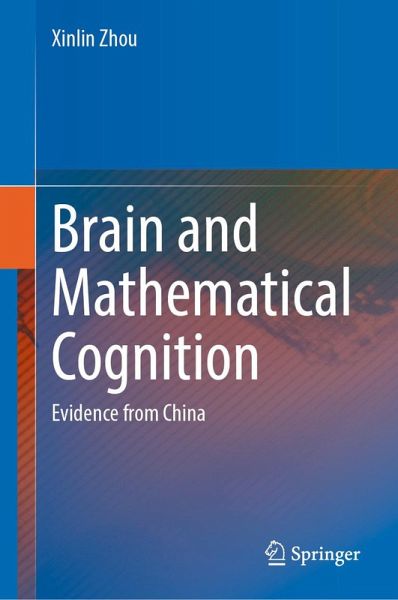
Brain and Mathematical Cognition (eBook, PDF)
Evidence from China
Versandkostenfrei!
Sofort per Download lieferbar
120,95 €
inkl. MwSt.
Weitere Ausgaben:

PAYBACK Punkte
60 °P sammeln!
This book intends to present a series of insights coming from in-depth investigation of brain and mathematical cognition in Chinese population. Specifically, the book introduces research on the associations among number sense, visual form perception and mathematical fluency; symbolic and non-symbolic mental number line; and the role of spatial modeling and logical inference in mathematical problem solving. The book summarizes author's previous studies on the involvement of semantic network other than visuospatial network in mathematical cognition. The three-component mathematical model that co...
This book intends to present a series of insights coming from in-depth investigation of brain and mathematical cognition in Chinese population. Specifically, the book introduces research on the associations among number sense, visual form perception and mathematical fluency; symbolic and non-symbolic mental number line; and the role of spatial modeling and logical inference in mathematical problem solving. The book summarizes author's previous studies on the involvement of semantic network other than visuospatial network in mathematical cognition. The three-component mathematical model that comes out of more than 10 years of research on mathematical cognition is introduced. The book presents the effect of learning experience on arithmetic-related brain system. Chinese abacus that can be used to eradicate developmental dyscalculia in classroom is briefly discussed. Special attention in this book is paid to mathematical anxiety and mathematical learning disorders in Chinese schoolchildren. Finally, gender differences in mathematical cognition are also reviewed.
Dieser Download kann aus rechtlichen Gründen nur mit Rechnungsadresse in A, B, BG, CY, CZ, D, DK, EW, E, FIN, F, GR, HR, H, IRL, I, LT, L, LR, M, NL, PL, P, R, S, SLO, SK ausgeliefert werden.



